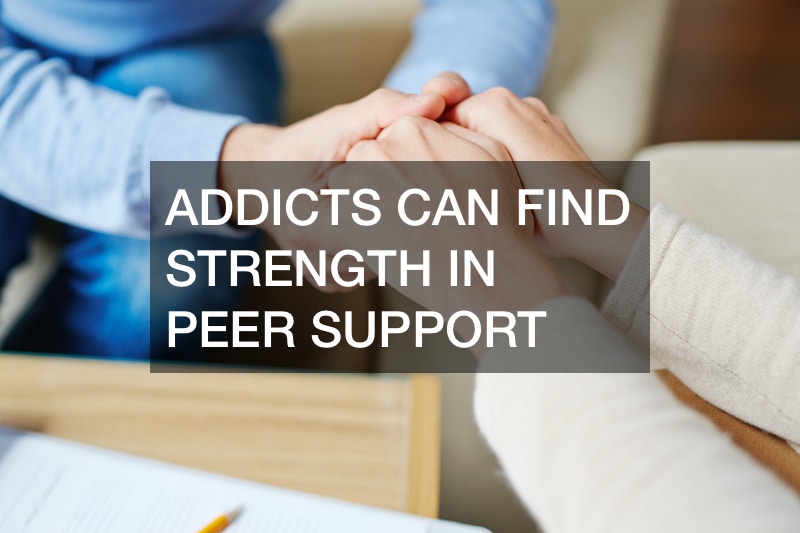Living with an addiction is not an easy journey. There are many challenges with recovery, especially if you do not have family or other personal support. One aspect of addiction treatment service is going into rehabilitation centers. The goal of rehabilitation is to achieve physical and psychological recovery from addictions. Another aspect is to provide coping skills and other life management skills to improve a person’s quality of life.
The rehabilitation process can be hard to begin. It takes a personal commitment when deciding to enter a rehabilitation program. There are many programs, and it is best to find one that is best for your needs. Some rehab services include psychotherapy, meditation, and detoxification, to remove the drugs from your system. It is also a good idea to see if the center provides sponsors, support groups, or other social-emotional support.
There are privately owned rehabilitation centers, as well as state rehabilitation centers. State programs are usually overseen by the department of rehabilitation services. You can look at both private and government-operated centers, to see which provides the best support.

When you are beginning to learn something new or just starting out, coaches are there to help and guide. In some cases, coaches offer you protection and support. People look to coaches as someone with whom the individual can be honest and not be judged or discriminated against as they learn.
Recovery coaching applies those same principles and is a form of strengths based support for persons with addictions or in recovery from alcohol, other drugs, codependency, or other addictive behaviors.
Sometimes, the best recovery coaches are peers. Peer support mental health is defined by the fact that people who have like experiences can better relate and consequently, empathize with and validate a person’s feelings. It is not uncommon for people with similar life experiences, or have been through substance abuse training to offer practical advice and suggestions for strategies that professionals may not offer or even know about. The non professional vantage point of peer support mental health is crucial in helping people rebuild their sense of self and community when have been disconnected.
Peer support mental health workers and those with recovery coach certification can help those living with both active and past addictions. Through addiction courses, coaches are helpful for addicts who are making life decisions. Recovery coaches help clients find ways to abstain from their addictive behaviors, or reduce harm associated with addictive behaviors. Peer support mental health coaches can help an addict find resources for harm reduction, treatment and detox, family support and education, local or online support groups, or help a client build a personal change plan to help themselves.
Peer support mental health coaches do not diagnose or offer primary treatment for addiction and are not associated with any particular method of recovery. What they do offer is positive change, helping persons coming home from treatment to avoid relapse, build community support for recovery, or work on life goals not related to addiction such as relationships, work, education and more. This type of coaching is meant to improve the present life of those with an addiction to help them reach future goals.
Peer support mental health coaches are there to help but not heal all wounds. This peer specialist training offers a non clinical, non licensed support and is not to be used as a way to treat addiction or mental health issues. With that said, however, those in need of an ear, who are looking to find some guidance from those who have perhaps been there before, will find peer support mental health coaches some of the best people to talk to.
